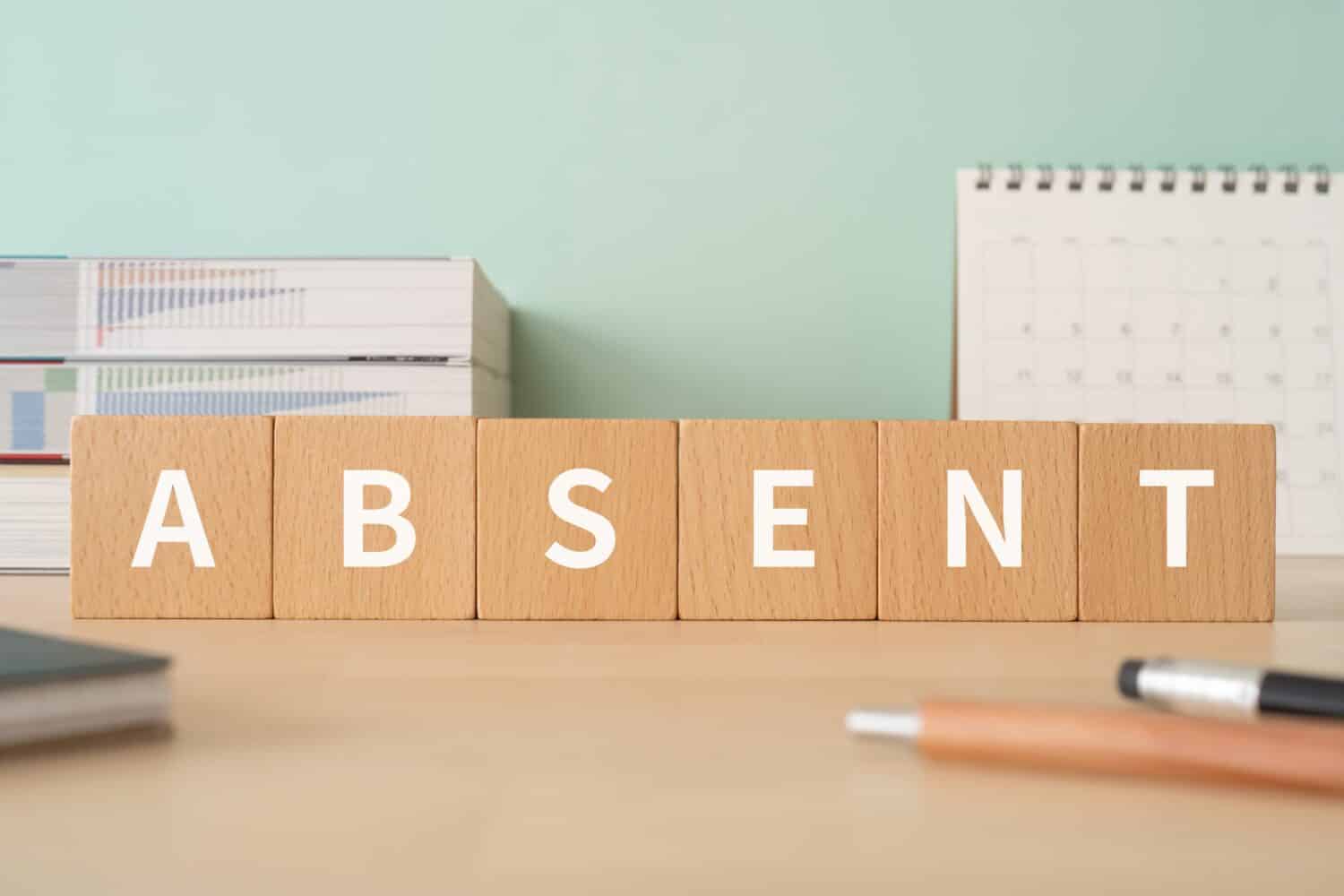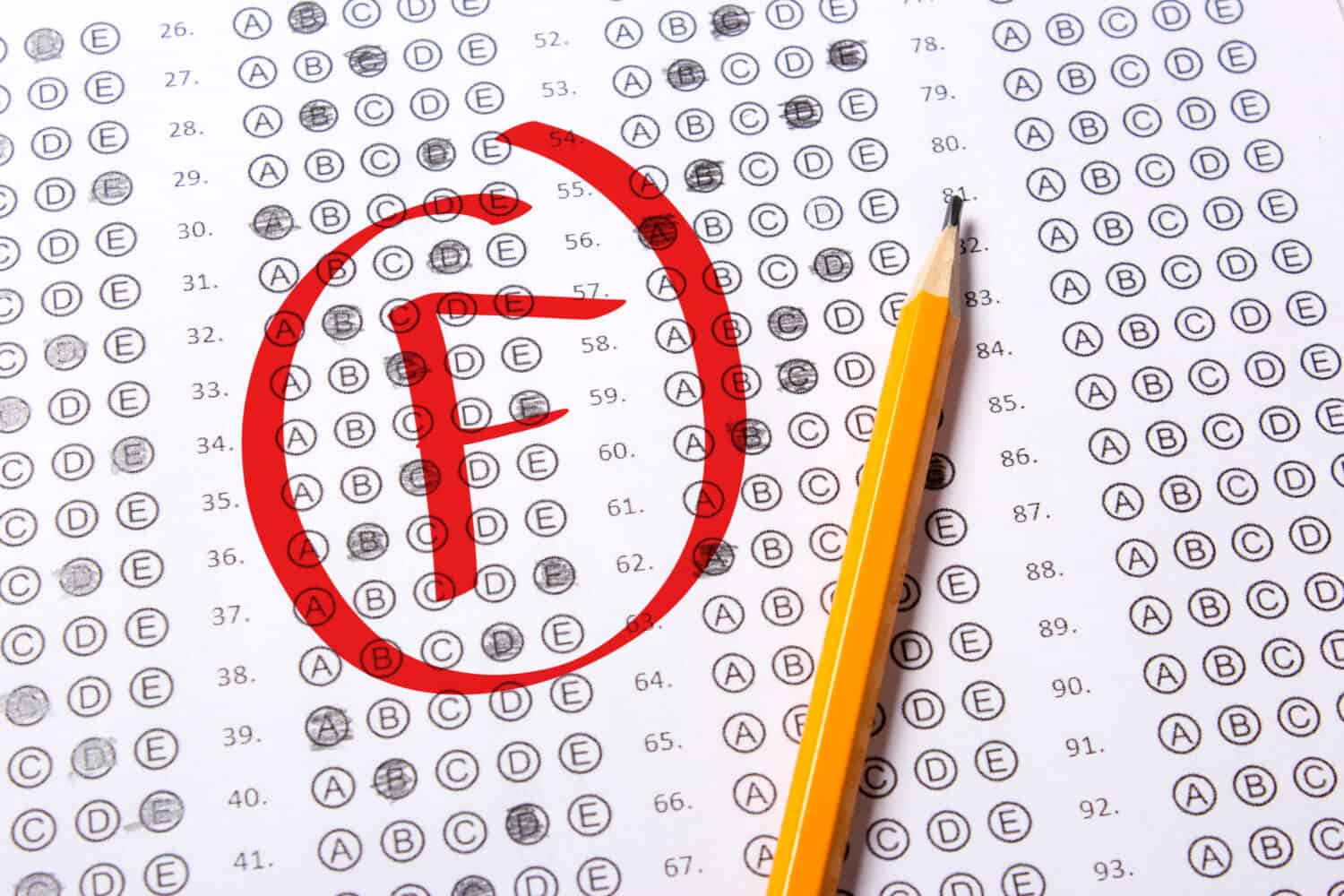Showcasing the beauty of the Appalachian Mountains, West Virginia is famous for its breathtaking natural landscape. The state's identity stems from its history of coal mining, Appalachian culture, and passion for bluegrass and country music. West Virginia is also famous for its hospitality.
However, it is also frequently ranked at the bottom of national education rankings, along with Alabama and South Carolina. West Virginia's education rating exposes many challenges, including funding disparities, poverty rates, and teacher shortages. Standardized test scores and graduation rates are lower than average, impacting the overall assessment of the state's education system.
However, educational ratings are complex and can vary based on the specific metrics and criteria used for evaluation. They don't always tell the entire story because even a failing school may have dedicated educators and motivated students. With that caveat, let's examine the ten worst schools in West Virginia to find out why they rated so poorly.
Elementary Schools
Elementary schools in West Virginia rank lower for many reasons. Some face funding issues and limited resources. The rural nature of West Virginia could make it difficult to recruit and retain teachers. Additionally, some methodologies might not fully reflect the unique education challenges in this Appalachian state. All of these elementary schools have low test scores, but it is important to remember that the factors mentioned above possibly contribute to their current rankings.
Spencer Elementary School
85 Clay Road Spencer, 25276
While Spencer Elementary School's overall test scores are well below the state and national average, low-income and underserved students' test scores are even worse than the rest of the student body. This data suggests there is a significant achievement gap. While the state's average scores in math hover at thirty-two percent and reading scores average at forty-one percent, Spencer students scored an abysmal twenty-three percent on both tests. Take an additional five percent off scores for low-income and underserved students. These numbers suggest a significant need for improvement.
Additionally, there is also a higher instance of suspension and chronic absenteeism (defined as missing fifteen days of school or more) among disabled students. Higher discipline rates and absenteeism mean less opportunities for learning. One parent review stated that lack of funding was the reason a struggling student was not placed in a more supportive learning environment. For these reasons, Spencer Elementary made the list of worst elementary schools in the state.
Cherry River Elementary School
190 Riverside Drive, 26261
Cherry River Elementary School is another school with a significant learning gap between low-income students and other students. All students tested below the state average in math and reading. In science testing, the state average is twenty-seven percent. However, Cherry River Elementary students scored a shocking four percent. Low-income students averaged four percent worse than their peers on these exams.
Cherry River is a small, rural school with a student/teacher ratio of 8:1, which is much better than most of the schools in West Virginia. However, the numbers do not reflect that this ratio is improving student performance. The student population has declined by twenty-one percent in the last five years. And teachers are leaving, too. The school has lost ten percent of its teachers in the same time period.

©Szasz-Fabian Ilka Erika/Shutterstock.com
Little Birch Elementary School
55 Little Birch Road, Sutton, 26601
Little Birch Elementary School is a tiny rural school with a student body that averages eighty-eight students. While classes average nine students per teacher, which is excellent, the school's math and reading scores are far below average. Seventy percent of the students are economically disadvantaged. Finally, Little Birch Elementary has lost forty-six percent of its teachers in the past five years and almost as many of its students. While other elementary schools in Braxton County have similar test scores, this school's scores and reduction in teachers suggests funding is needed.
West Side Elementary School
100 Florida Street Charleston, 25302
Students at West Side Elementary School show significantly less academic progress from one grade to the next compared to other schools in the state. Due to students' very slow progress and low test scores, students appear to be starting off behind and then falling even farther behind their peers at other schools.
Moreover, this elementary school also has a high rate of student suspension. While West Virginia suspension rates are approximately seven percent, West Side Elementary is around seventeen percent. Additionally, the rate of absenteeism is higher than normal. Both of these numbers suggest a troubled school environment.
Union Elementary School
481 Heavener Grove Road, Buckhannon, 26201
Union Elementary School students average twenty-two percent in both reading and math testing. Out of 375 West Virginia elementary schools, this school ranks 367th. Additionally, its student/teacher ratio of 16:1 is higher than the state average of 13:1. Both the school's student body and number of teachers have declined by ten percent over the past five years. Moreover, this elementary school has a less diverse student body than average. All of this combined should alert parents to potential issues.

©ELUTAS/Shutterstock.com
Middle and High Schools
The criteria for middle and high school rankings in West Virginia include several key factors, such as academic performance, standardized test scores (such as the West Virginia General Summative Assessment results), and graduation rates. Moreover, the learning environment, including student-to-teacher ratios and facilities, is a consideration. All of the schools on this list struggle to meet one or more of these criteria.
South Charleston Middle School
400 Third Avenue, South Charleston, 25303
South Charleston Middle School is a mid-size suburban school that serves sixth through eighth grade. Among the approximately 371 students, math and reading scores are extremely low. While most of the school's teachers are experienced, it has a higher than average student teacher/ratio. However, South Charleston Middle School is more diverse than other schools on this list. It also has more students taking and passing advanced classes. However, it still ranks in the bottom fifty percent of overall test scores.
Tygarts Valley Middle and High School
Tygarts Valley Middle and High School serves grades six through twelve and has a student body that averages around 456 students. This rural school scored significantly low scores in both math and reading. Additionally, ten percent of their students do not graduate. In school polling, both students and parents gave the school a twenty-five percent score to teachers' lessons. Students and parents also ranked the school low on the amount of funding the school gets for extracurricular clubs and activities. Reviewers state that the academic challenge is at best average and needs improvement.
Buckhannon Upshur High School
Buckhannon Upshur High School has a large student body of 1,208 students. This ninth through twelfth grade school ranks in the bottom fifty percent of schools because of its low test scores. Math proficiency sits at a terrible fifteen percent. The percentage of students achieving proficiency in reading is better, but is still four percent lower than the state average, which lingers around forty percent.
Moreover, its high student/teacher ratio also gives this school low marks. While the student population has grown, the number of teachers has gone down by five percent. Finally, while the graduation rate for Buckhannon Upshur High School is slightly higher than average, its low testing scores put it in the bottom fifty percent of the state's schools. This suggests that their graduates are underprepared for college coursework.
Mount View High School
950 Mount View Road, Welch, 24801
Only seventy-five percent of students graduate from Mount View High School, well below both the state and national average. Additionally, the data suggests that less than ten percent of students who graduate are prepared for college. The proficiency score in mathematics is a shocking seven percent. In the past five years, the student and teacher population has decreased, despite this being one of only two high schools in the area. Finally, this school has incredibly high rates of student absenteeism and school suspension. All of these factors combined will certainly raise concerns among students and parents.
Colleges and Universities
College rankings in West Virginia evaluate several factors, including graduation rates, student-to-faculty ratios, affordability, and the overall academic performance of students. Additionally, college rankings include post-college earnings, and the amount of student debt students will be responsible for after graduation. Let's explore why these two schools rank lower than most.

©Prostock-studio/Shutterstock.com
Salem University
223 West Main Street, Salem, 26426
While Salem University accepts one hundred percent of applicants, only thirty-one percent of students graduate. If you do graduate from Salem University, your salary will average around $26,100 per year. However, even with financial aid, you can expect to pay $18,343 per year as a student, resulting in significant student loan debt. Moreover, Salem University statistics report that every student receives financial aid, making the student debt amount even more jarring.
Students polled about their experiences at this university ranked it poorly. While they agreed that it was an easy school to get into and that the coursework was also easy, only seventy-two percent believe their professors put effort into their classes. Even though over half of its students are over twenty-five, no night classes are offered. However, the university offers many online classes. It is also described as a friendly campus, but considering how much it costs, the low graduation rate, and post-graduate salaries, prospective students might want to look elsewhere.
West Virginia State University
P.O. Box 1000, Institute, 25112
Founded in 1891, West Virginia State University, like Salem University, has an extremely low graduation rate. Barely twenty-two percent of students graduate. Additionally, it also has a high student debt rate. In-state students pay over $21,000 per year between tuition and housing. At graduation, their debt averages $31,000, which will be hard to pay off since students also earn significantly less than other college graduates.
However, the university receives high ratings for the beautiful campus and challenging coursework. Additionally, professors at the school are highly rated by students. However, some students felt they were unprepared for life after college. Prospective students should take note of the cost and post-college salaries when considering this university.
One Final Note
School rankings in West Virginia provide valuable insights into the overall performance and quality of education offered throughout the state. By considering these rankings, families will make informed decisions about the best opportunities for their children. School rankings also highlight potential issues within institutions, helping parents identify areas of concern that may affect their child's academic success. However, for many families, rankings are the starting point for their research. Each family should consider their preferences and do further investigation to make the best-informed decision.
The image featured at the top of this post is ©ADragan/Shutterstock.com.

